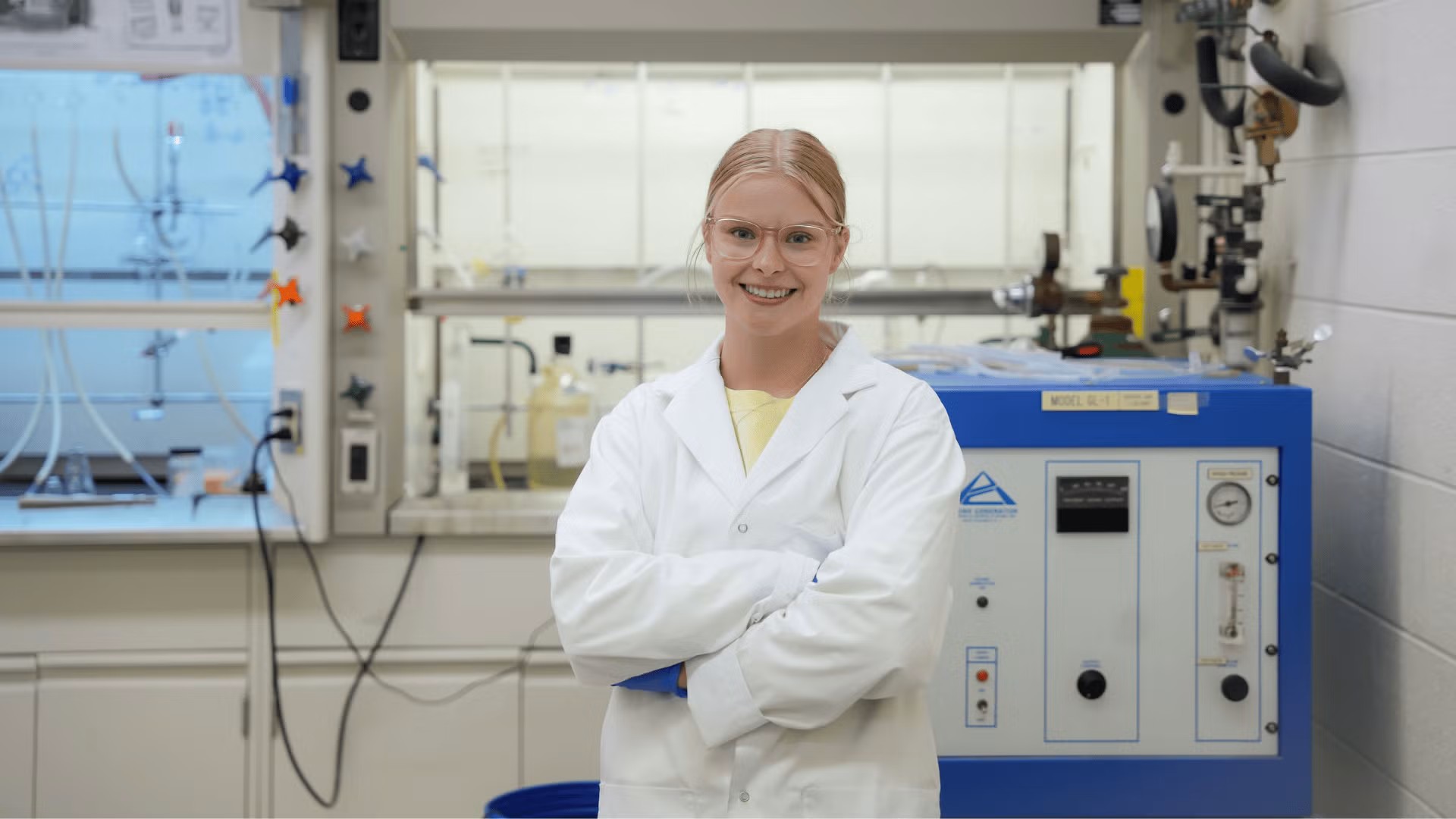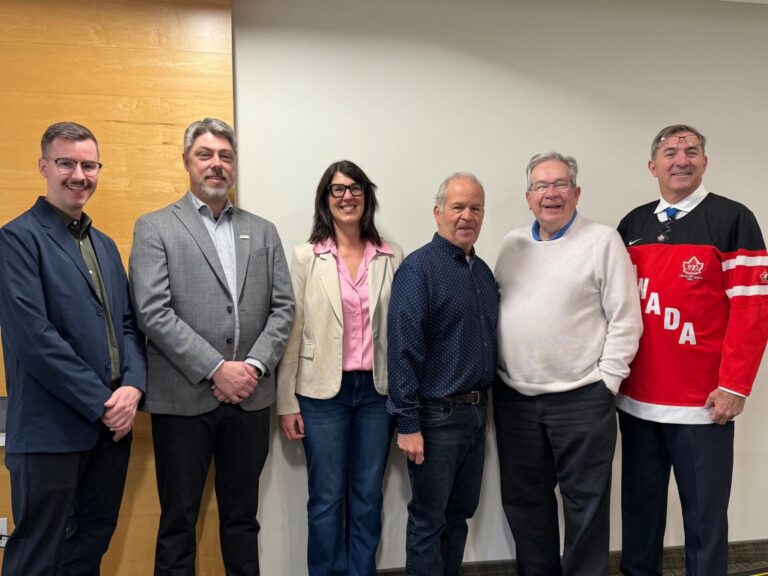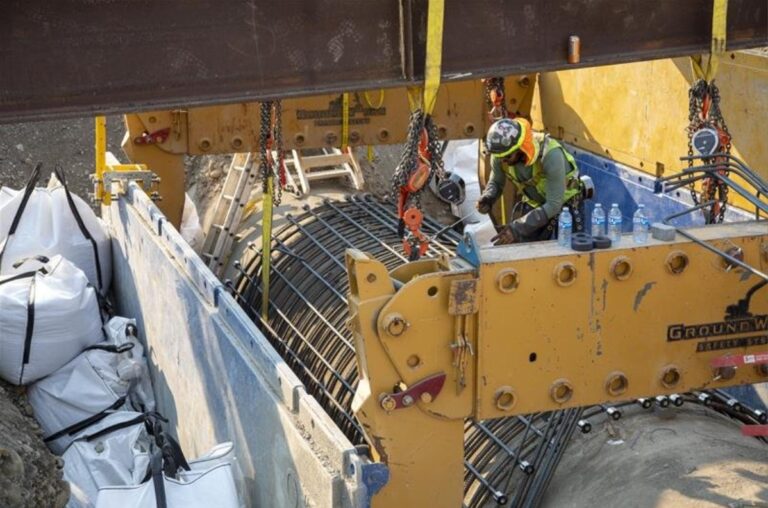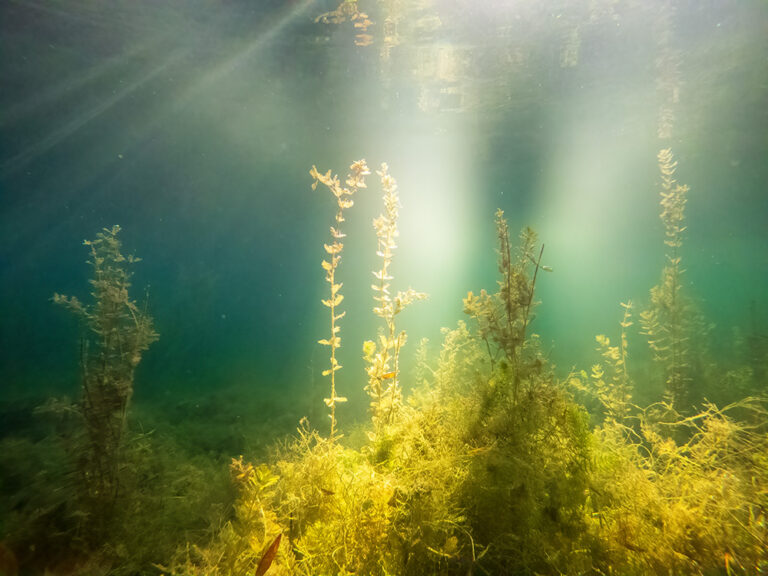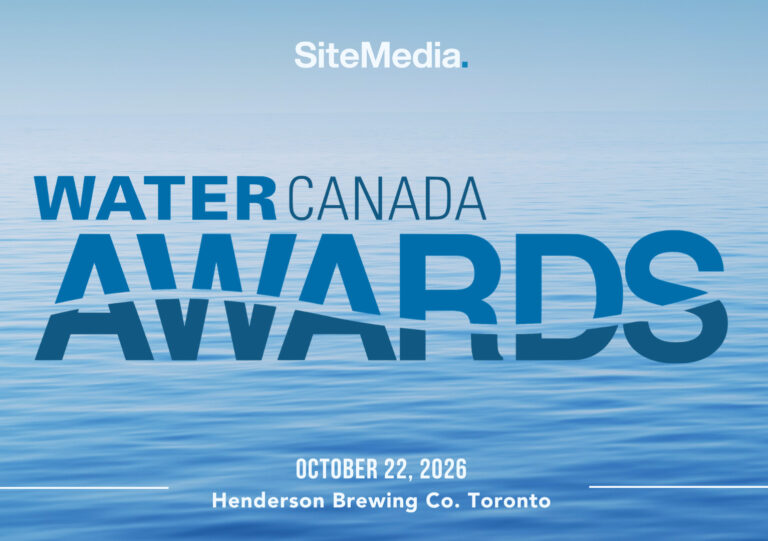A new research collaboration at the University of Waterloo is advancing sustainable water use. Fifth-year chemistry student Allysa Greidanus is working with Dr. Graham Murphy’s chemistry lab to develop purification methods that allow wastewater containing deuterium oxide (D₂O)—commonly known as heavy water—to be recycled and reused. The project is being carried out in partnership with deutraMed, a deuterium science and innovation company based in Collingwood, Ontario.
Deuterium oxide, a stable, non-radioactive variant of water, was historically used in CANDU nuclear reactors, but now plays a growing role in pharmaceutical science and the development of advanced materials, such as OLEDs.
“While bulk D₂O is a critical resource for generating electricity in nuclear reactors, its modern applications in pharmaceutical science and in the development of advanced organic materials such as OLEDs have created a rapidly growing demand for this resource,” said Dr. Murphy.
Because refining deuterium from natural sources is expensive and resource-intensive, the team’s work focuses on creating environmentally sustainable processes for purifying industrial wastewaters, enabling residual deuterium to be recovered and refined.
“Recycling wastewaters will restore this rare and expensive material to ensure these industries have access to the heavy water they rely on,” said Greidanus.
In the lab, Greidanus performs small-scale distillations and ozonolysis experiments using wastewater samples from industrial sources. After treating and testing the samples, she sends them back for further analysis to measure levels of purity and assess the effectiveness of her methods.
The partnership, facilitated by Dr. Pavel Gris, chief scientist at deutraMed, exemplifies how academic-industry collaborations can accelerate innovation.
“Working with the University of Waterloo is always an efficient and collaborative process, ensuring a fast and seamless transition of innovation from the university lab to the industrial setting,” said Dr. Gris.
Supported through the Faculty of Science’s research assistantship program, the initiative is also providing valuable training for the next generation of scientists.
“Before this research experience, I was following directions in a classroom lab,” said Greidanus. “Now, I’m generating ideas to tackle real-world problems. It’s strengthened my problem-solving skills, deepened my lab experience and has given me the motivation to pursue graduate studies to continue working in research.”
The project highlights the potential of wastewater recycling not only to advance sustainability but also to strengthen Canada’s leadership in clean water innovation and deuterium technology.

